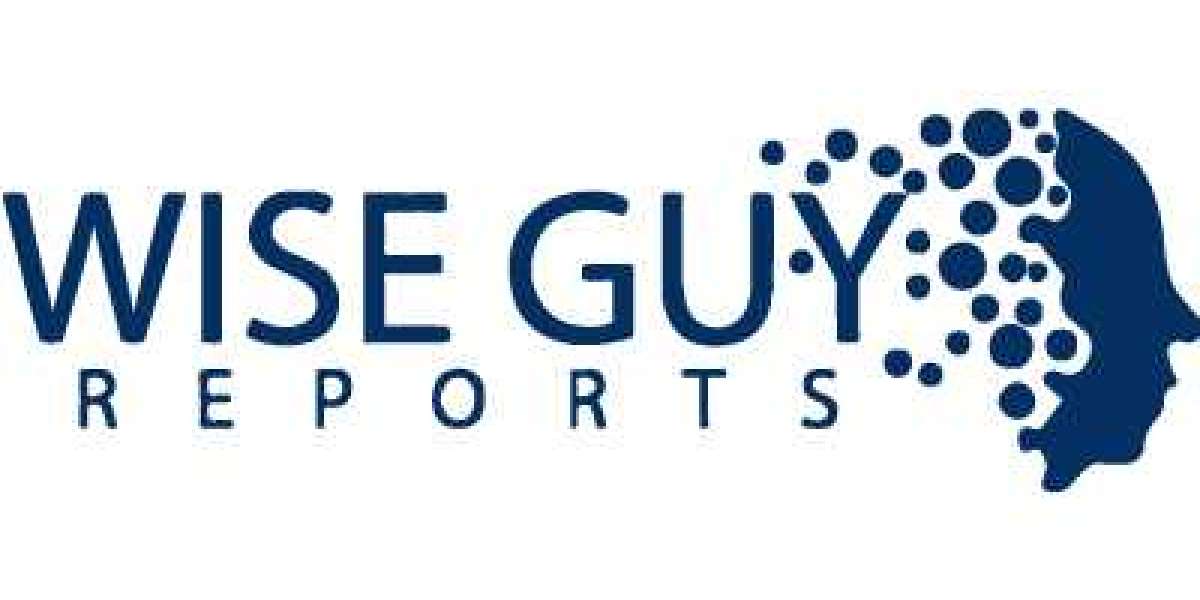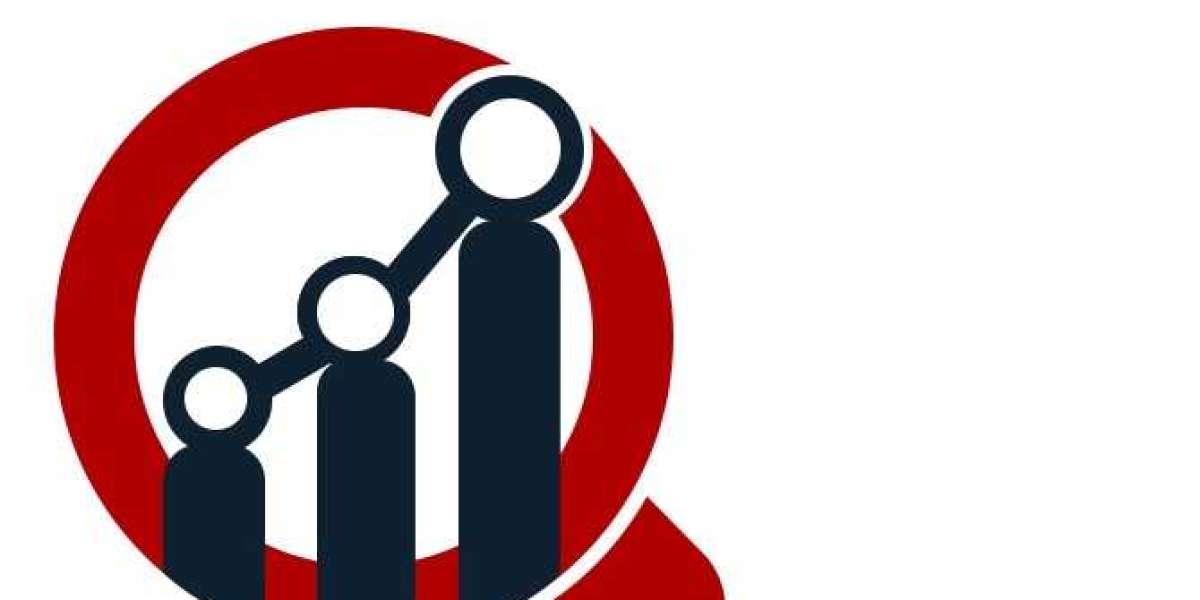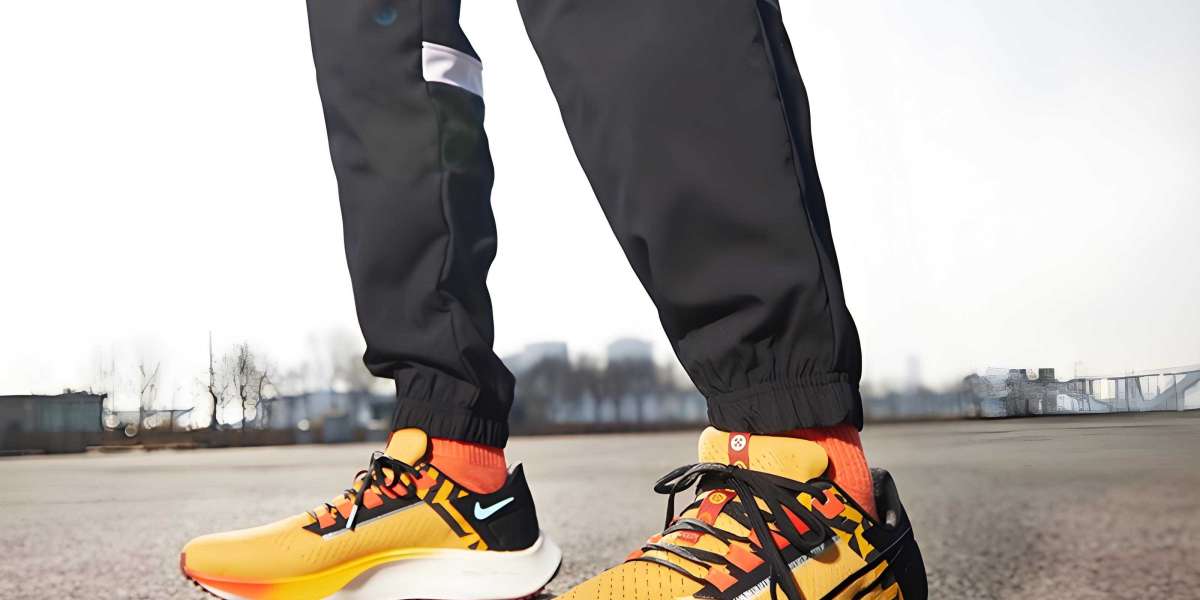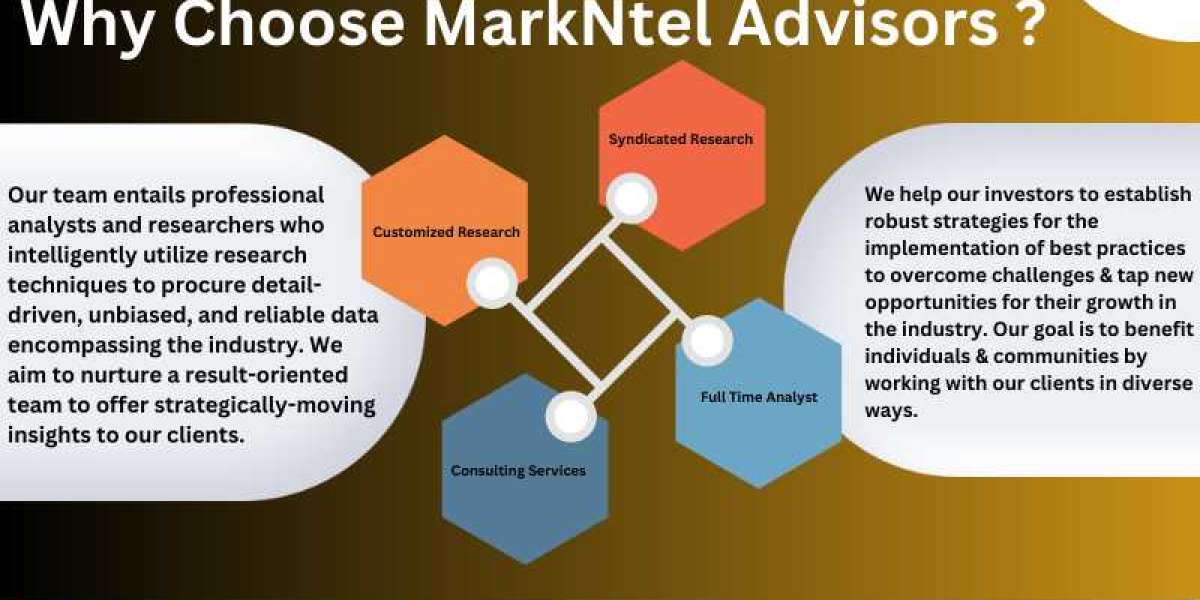B220 Antibody Market Overview
The B220 antibody market is a pivotal segment in the global biotechnology and pharmaceutical industries. B220, also known as CD45R, is a pan-B-cell marker used extensively in research and clinical applications to identify and analyze B lymphocytes. This marker is crucial for immunology research, particularly in understanding B-cell malignancies, autoimmune diseases, and other immunological disorders.
Market Size and Growth
The global B220 antibody market has witnessed substantial growth over the past few years, driven by increasing research activities, the rising prevalence of B-cell disorders, and advancements in antibody-based therapies. In 2023, the market was valued at approximately USD 635.5 billion and is projected to grow at a compound annual growth rate (CAGR) of 12.27% from 2024 to 2032. This growth is attributed to the expanding applications of B220 antibodies in various research and clinical settings, including drug development and personalized medicine.
Market Trends
- Increased Research Funding: Governments and private institutions are increasingly funding research in immunology and oncology, which fuels the demand for B220 antibodies. The growing emphasis on understanding the mechanisms of B-cell malignancies and autoimmune diseases drives innovation and application in this field.
- Technological Advancements: Advancements in antibody production technologies, such as recombinant DNA technology and monoclonal antibody development, have enhanced the specificity and efficacy of B220 antibodies. Innovations in labelling and detection techniques are also contributing to market growth.
- Expansion in Applications: Beyond traditional research, B220 antibodies are finding applications in diagnostic assays, therapeutic developments, and personalized medicine. Their use in identifying B-cell subpopulations and monitoring disease progression is becoming increasingly important.
- Growth in Biopharmaceuticals: The rise in biopharmaceuticals and targeted therapies, which rely on precise molecular targeting, is boosting the demand for specialized antibodies like B220. These therapies are being developed to treat various B-cell-related disorders, including certain types of leukemia and lymphoma.
Market Shares
The B220 antibody marketa is characterized by the presence of several key players, including major biotechnology and pharmaceutical companies. Leading companies such as Bio-Rad Laboratories, Abcam, and Thermo Fisher Scientific dominate the market, holding significant shares due to their established product portfolios and extensive research capabilities.
Regional markets show varying dynamics. North America holds the largest market share, driven by a robust research infrastructure and high healthcare expenditure. The European market follows, with substantial contributions from research institutions and pharmaceutical companies. The Asia-Pacific region is emerging as a significant market due to increasing investments in biotechnology and growing healthcare needs.
Market Analysis
The market for B220 antibodies is segmented based on product type, application, and end-user. Product types include monoclonal antibodies, polyclonal antibodies, and recombinant antibodies. Applications span research, diagnostics, and therapeutics. End-users include academic and research institutions, hospitals and diagnostic laboratories, and pharmaceutical and biotechnology companies.
- Research: This segment dominates the market, driven by the need for detailed cellular studies and the development of new therapies.
- Diagnostics: The diagnostic segment is growing as B220 antibodies are increasingly used in clinical laboratories for disease identification and monitoring.
- Therapeutics: Although smaller compared to research and diagnostics, the therapeutic segment is expanding due to the rise of targeted therapies and personalized medicine.
Recent Developments
- Product Launches: Several companies have recently launched new B220 antibody products with enhanced specificity and sensitivity. These innovations aim to meet the growing demand for more accurate and reliable research tools.
- Collaborations and Partnerships: Strategic collaborations between biotechnology companies and research institutions are facilitating the development of new applications and improving the accessibility of B220 antibodies.
- Regulatory Approvals: Recent approvals by regulatory bodies for new diagnostic and therapeutic applications involving B220 antibodies are expected to drive market growth. These approvals enhance the credibility and utility of B220 antibodies in clinical settings.
- Research Advancements: Ongoing research in B-cell biology and immunology continues to reveal new insights and applications for B220 antibodies. These developments are likely to create new market opportunities and drive future growth.
The B220 antibody market is poised for continued growth, driven by advancements in research, technology, and therapeutic applications. With increasing investments in biotechnology and a growing emphasis on personalized medicine, the market is expected to expand significantly in the coming years. Key players and emerging companies alike are focusing on innovation and strategic partnerships to capitalize on the evolving opportunities within this dynamic market.
Related Report
Automated Blood Cell Counter Market
Antibody Based Therapeutics Market
Bacillus Coagulans Supplement Market
Aryl Hydrocarbon Receptor Market



